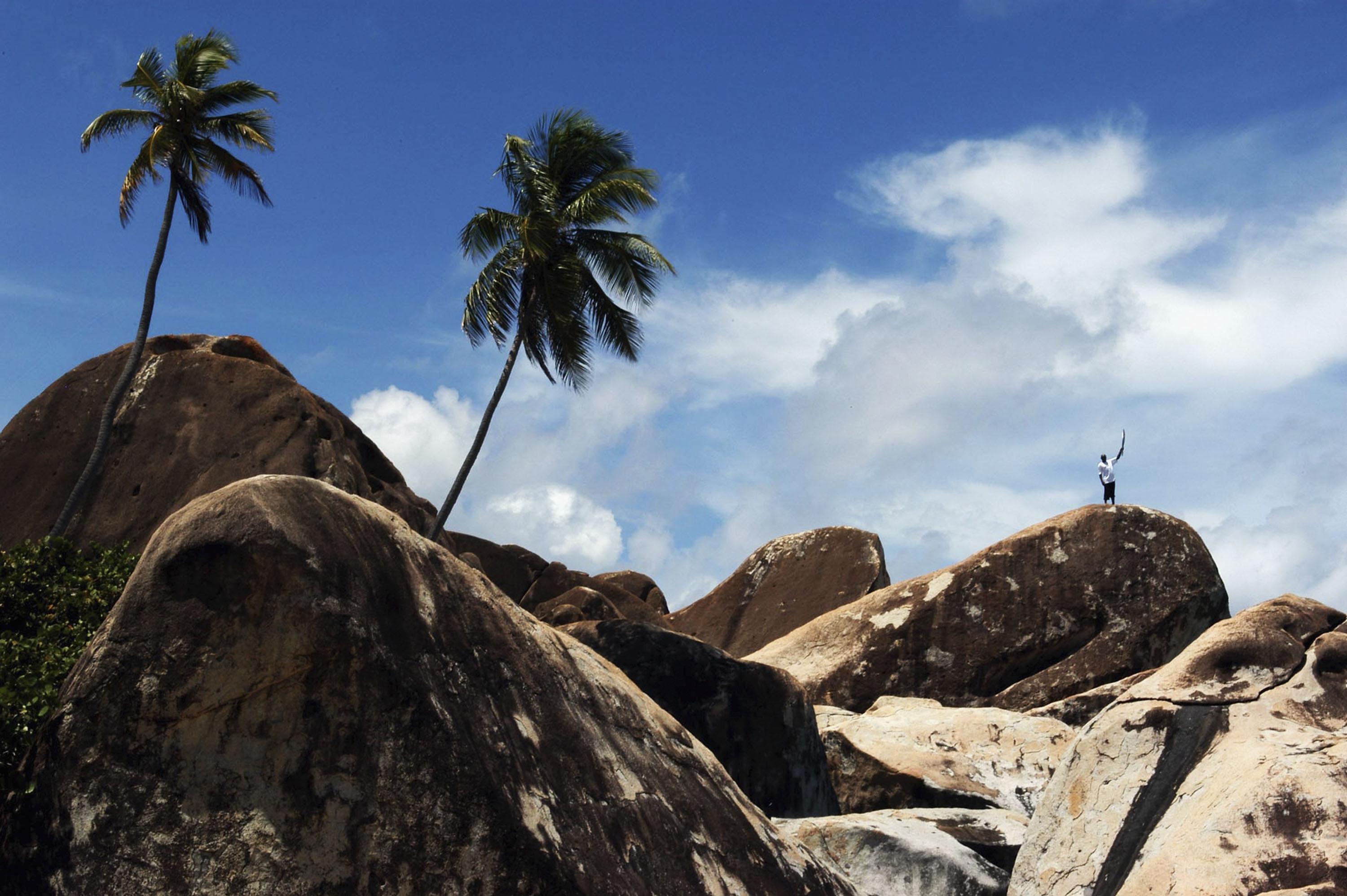The International Consortium of Investigative Journalists has published the results of a multiyear investigation into the offshore holdings of some of the wealthiest people in China:
Nearly 22,000 offshore clients with addresses in mainland China and Hong Kong appear in the files obtained by the International Consortium of Investigative Journalists. Among them are some of China’s most powerful men and women — including at least 15 of China’s richest, members of the National People’s Congress and executives from state-owned companies entangled in corruption scandals.
PricewaterhouseCoopers, UBS and other Western banks and accounting firms play a key role as middlemen in helping Chinese clients set up trusts and companies in the British Virgin Islands, Samoa and other offshore centers usually associated with hidden wealth, the records show. For instance, Swiss financial giant Credit Suisse helped Wen Jiabao’s son create his BVI company while his father was leading the country.
The files include details of the offshore holdings of President Xi Jinping’s brother-in-law, former Premier Wen Jiabao’s son, Tencent founder Ma Huateng, and China’s richest woman, Yang Huiyan. The British Virgin Islands is apparently the “preferred offshore destination for mainland China and Hong Kong residents.” Forty percent of BVI’s offshore business now comes from East Asia.
The actual detials of this story seem less interesting than the fact that it was published and the possible fallout from it. It would be a bit surprising if Chinese economic and political elite didn’t keep their money parked in island tax havens, like the economic and political elite of every other country.
But the Chinese Communist Party has also clearly drawn a red line for foreign outlets on reporting on the wealth of senior leaders and their families. It was reporting of this type that got the websites of Bloomberg and the New York Times blocked in mainland China and reportedly led to the suspension of reporter Michael Forsythe.
According to the ICIJ, “In November, a mainland Chinese news organization that was working with ICIJ to analyze the offshore data withdrew from the reporting partnership, explaining that authorities had warned it not to publish anything about the material.” In the end, the group worked with partners including “the Hong Kong newspaper Ming Pao, the Taiwanese magazine CommonWealth and the German newspaper Süddeutsche Zeitung.”
A visualization of the data produced by the Guardian yesterday has already gotten the British paper blocked in China.
It certainly seems as though Beijing’s strategy of blocking the websites of offending outlets and withholding visas from journalists isn’t having the desired effect of discouraging this kind of reporting. If anything, it seems to be encouraging it.
Correction, Jan. 23, 2013: The image which originally accompanied this post showed the island of Nevis, which is not one of the British Virgin Islands.
